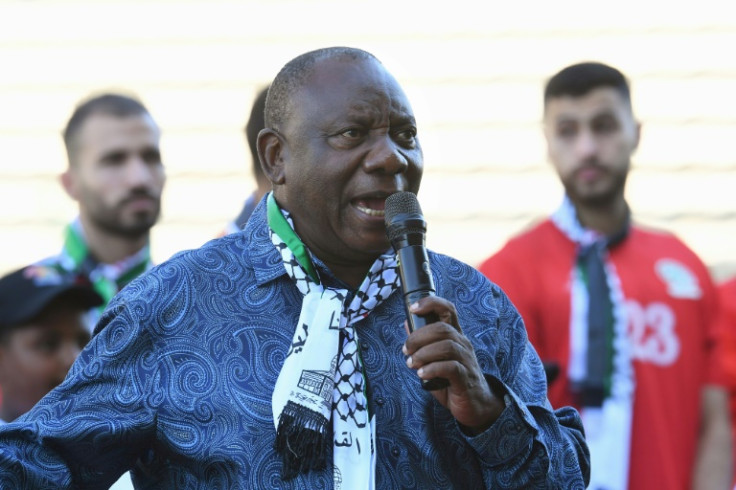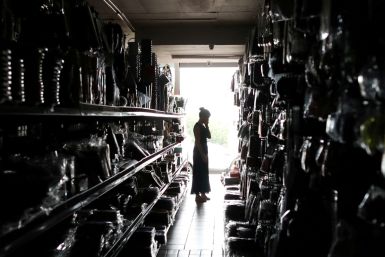Threats, Intimidation Will Face Zero Tolerance During Elections: President Ramaphosa

As South Africa is getting closer to the date of the election, President Cyril Ramaphosa warned that threats, intimidation and undemocratic actions won't be tolerated during the electoral process.
Speaking at the Human Rights Day commemoration in Sharpeville on Thursday, Ramaphosa urged to maintain regularity, peacefulness, fairness and integrity of the elections, which will be held on May 29 this year.
"We must not tolerate the threats, intimidation and undemocratic actions of those who want to undermine our electoral process," he said, SA News reported. "But we must go beyond the right to vote. We must create more space and open up more opportunities for all citizens to have a say in the decisions that affect them."
The president also highlighted that after two months, the country will mark its 7th democratic election for the national and provincial government, where citizens will be exercising one of the defining rights of democracy - to freely and secretly choose the people who will represent them in Parliament and the provincial legislatures.
The apartheid era ended in 1994 as South Africa gained independence. Before the implementation of the apartheid system, South Africa was under Dutch colonization from 1652 to 1795.
During the elections, the ruling African National Congress party will be contesting with opposition parties, including the Economic Freedom Fighters party and the Democratic Alliance.
Ramaphosa, who belongs to the African National Congress party, said that the government must open up more opportunities for all citizens to have a say in the decisions that affect them by strengthening the processes of consultation in government, in Parliament, in legislatures and in municipalities.
"We must support community-based organizations and initiatives, religious formations, women's organizations and youth bodies," he said, adding that "democracy thrives when we have an active citizenry."
He added, "Democracy thrives when people use the rights guaranteed to them to determine their own future. This means, among other things, that people must be able to enforce their rights. They must have access to justice and to be sure that they will be treated fairly and impartially."
The president pointed out that in 30 years, the country has been able to build a democracy that recognizes the equal worth of every person and a society in which everyone has an equal expectation that their rights will be respected and upheld.
© Copyright 2025 IBTimes ZA. All rights reserved.


















